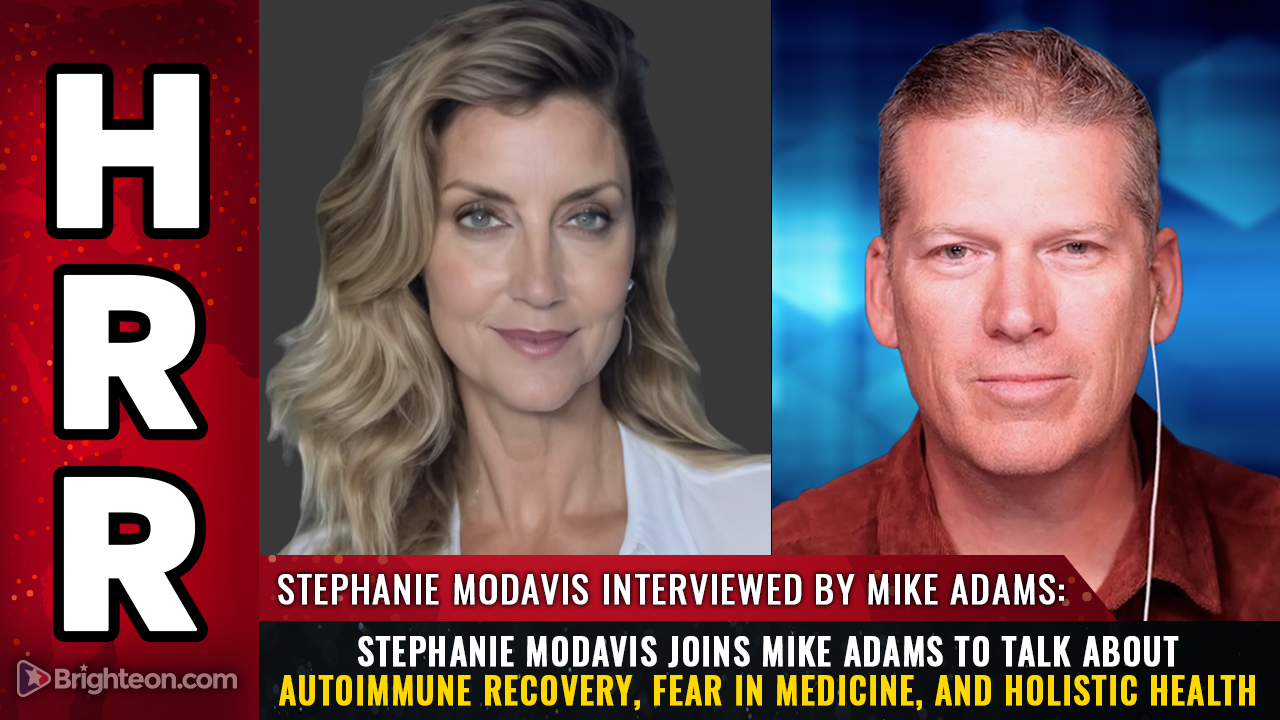- Authors Robert Young and Galina Migalko challenge conventional oncology by proposing a scientifically backed alternative that emphasizes the roles of diet, lifestyle and pH balance in cancer prevention and treatment.
- The book argues that conventional treatments like chemotherapy and radiation, while effective at killing cancer cells, often neglect the importance of nutrition and lifestyle, leading to nutritional deficiencies and weakened overall health.
- Central to the authors' argument is the concept of alkalinity, suggesting that maintaining a slightly alkaline pH balance (around 7.365) can create an environment that is inhospitable to cancer cells, drawing on the work of Nobel laureate Otto Warburg.
- The authors advocate for a personalized approach to nutrition, tailored to individual genetic, metabolic and lifestyle factors. They also emphasize the importance of detoxification to support the body's natural processes and reduce the risk of cancer.
- Young and Migalko propose a combination of alkalizing nutrition, lifestyle changes and non-invasive therapies, critiquing traditional treatments for their potential to damage the immune system and, in some cases, contribute to the spread of cancer. They advocate for a holistic approach that addresses the root causes of cancer.
Authors Robert Young and Galina Migalko present a compelling case for a paradigm shift on cancer prevention and treatment in their book, "
Alkalizing Nutritional Therapy in the Prevention and Treatment of Any Cancerous Condition."
Released at a time when cancer remains one of the leading causes of death worldwide, the book questions the efficacy of conventional oncology and proposes a radical yet scientifically-backed alternative centered around diet, lifestyle and the body's pH balance.
The authors argue that traditional oncology often neglects the critical roles of nutrition and lifestyle in both the development and reversal of cancer. While conventional treatments like chemotherapy and radiation are effective at killing cancer cells, they often leave patients in a state of nutritional deficiency, weakening their overall health and making recovery more challenging. Young and Migalko ask a provocative question: "Why is it that medical professionals frequently overlook the power of personalized nutrition and lifestyle changes, instead relying heavily on pharmaceutical interventions?"
At the heart of the book is the concept of alkalinity and its role in maintaining health. The human body is designed to maintain a pH balance of around 7.365, which is slightly alkaline. However, modern diets high in processed foods, sugar and unhealthy fats tend to push the body towards acidity. This state of "dietary acidosis," the authors argue, creates an environment conducive to the growth of cancer cells.
The book draws on the work of Nobel laureate Otto Warburg, who discovered that cancer cells rely on glucose fermentation, a process that produces lactic acid and contributes to an acidic environment. By promoting alkalinity, Young and Migalko suggest, we can create an inhospitable environment for cancer cells, potentially halting their growth and spread.
One of the book's key tenets is the importance of a personalized approach to nutrition. The authors emphasize that each individual's dietary needs are unique, influenced by factors such as genetics, metabolism and lifestyle. For some, this might mean increasing intake of specific minerals like sodium or potassium, while others may benefit from additional vitamins such as A or E.
Moreover, the delivery of these nutrients is crucial. While oral supplementation is common, the authors advocate for more direct methods like intravenous and rectal infusions, particularly for patients with compromised digestive systems. This approach ensures that the body receives the necessary nutrients to maintain alkalinity and support overall health.
Another critical aspect of the book is the emphasis on detoxification. The authors argue that when the body is overwhelmed with acids, it struggles to eliminate toxins through natural channels such as urination, defecation, perspiration and respiration. This toxin buildup can lead to inflammation and, ultimately, degenerative diseases like cancer.
By supporting the body's natural detoxification processes, individuals can reduce their cancer risk and improve their overall health. This includes adopting a diet rich in alkaline-forming foods, staying hydrated and engaging in regular physical activity.
The authors do not shy away from critiquing conventional cancer treatments. While acknowledging that chemotherapy and radiation can be necessary in some cases, they argue that these treatments can be incredibly damaging to the body. Citing studies, they claim that such therapies can weaken the immune system, making it harder for the body to fight off cancer. In some instances, they suggest, chemotherapy may even contribute to the spread of cancer.
In place of traditional treatments, Young and Migalko propose a combination of alkalizing nutrition, lifestyle changes and non-invasive therapies. They advocate for a holistic approach that addresses the root causes of cancer rather than just treating the symptoms. This includes regular monitoring through advanced diagnostic tools like 3-D full-body bio-electric scanning, full-body thermography and live blood analysis.
"Alkalizing Nutritional Therapy" offers a fresh perspective on cancer prevention and treatment, challenging conventional wisdom and encouraging readers to rethink their approach to health. While the ideas presented in the book may seem radical to some, they are backed by decades of research and clinical experience.
Learn more about the book "
Alkalizing Nutritional Therapy" by watching the video below.
This video is from the
BrightLearn channel on Brighteon.com.
Sources include:
Brighteon.ai
Brighteon.com
 Parler
Parler Gab
Gab










